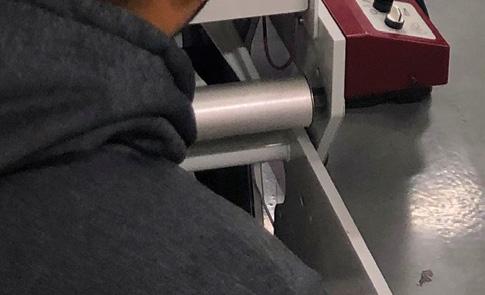
2 minute read
FOUNDATION FOR PACKAGING EDUCATION
6. Is it likely some customers may start paying more slowly in the face of weakening overall market conditions?
You also need to take a look at your own customer base and converting capacities on an order-by-order basis and a customer-by-customer basis, and ask yourselves questions such as: 1. Have we taken on business that really doesn’t fi t our plant and equipment confi guration? 2. Is too much of our mix trade business more vulnerable in a business downturn? 3. Have we stretched our converting capacities too thin during the boom of the past few years, and is it time to cut back on some less profi table accounts? 4. Where are we vulnerable in the marketplace due to the multiple price increases of the past two years? 5. Do we have any planned investments in people, equipment, or facilities we should reconsider? 6. What will our business look like if we lose some of our major customers?
Advertisement
Th ose of you who have signifi cant cash reserves and liquidity may fi nd that the machinery markets are going to change signifi cantly. Higher interest rates, possible tightening of credit by the banks, and weakening business conditions may provide opportunities to acquire equipment at more favorable prices, terms, and lead times than in the past few years. Companies with strong balance sheets may fi nd signifi cant opportunities in the marketplace during a downturn, and this may be part of your business calculus as well. It may be a good time for such companies to look for M&A candidates or buy equipment to broaden their lines of business. Strong companies often do well in these areas during a downturn because everyone else is hunkering down to try to preserve what they have.
Based upon the business modeling and the introspective analysis of your business, you may want to contemplate some immediate changes to your previous plans or at least have some contingency plans in case sales and/or margins begin to show some deterioration. Th e winds of change are upon us, and it is time to consider reacting to them. Remember, the failure to plan can often become a plan to fail.
Mitch Klingher is owner of Klingher Nadler LLP. He can be reached at 201-731-3025 or mitch@klinghernadler.com
Do You Support Industy Education & Growth?


Support the Foundation for Packaging Education.
www.PackagingEd.org/Donate















